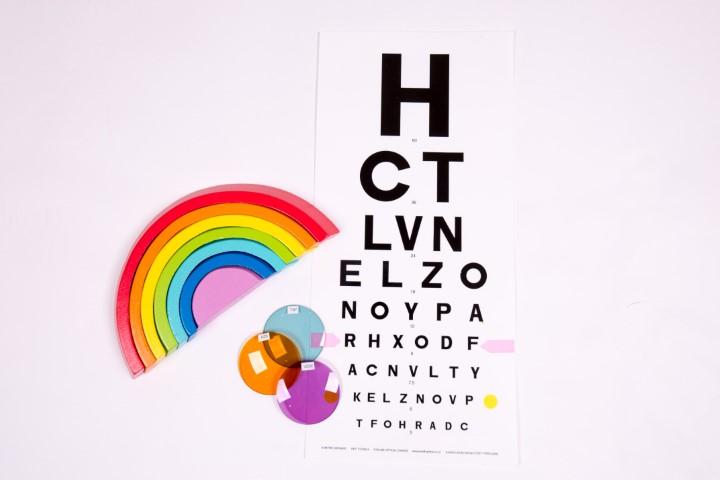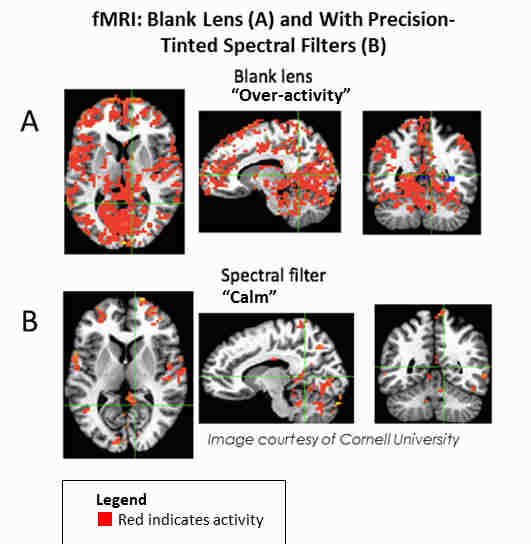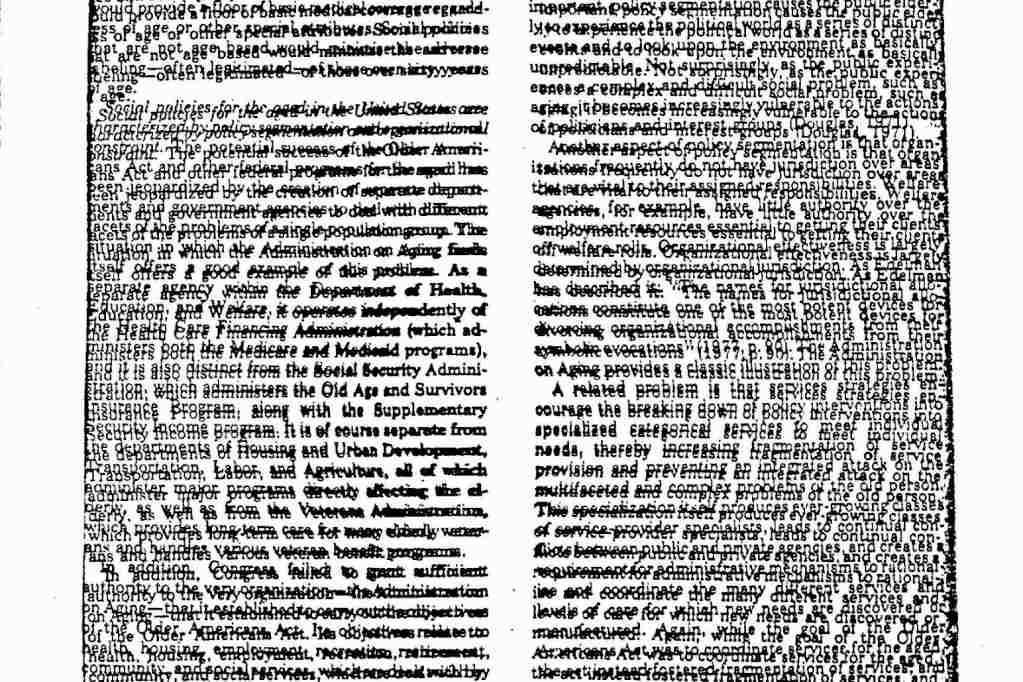Irlen syndrome: a personal journey and professional insight
As optometry professionals, we are often at the forefront of diagnosing and managing a variety of visual and sensory processing disorders. My journey with Irlen syndrome is a testament to the importance of awareness and accurate diagnosis of this often-overlooked condition. Diagnosed in my mid-30s, while training as an Irlen screener, I realised how this condition had significantly impacted my life, especially during my university years and early career.
Early struggles: an unseen barrier
Growing up, I faced persistent challenges with my vision. I was diagnosed with amblyopia and went through occlusion therapy and had regular visits with an optometrist for treatment. In primary school, I had issues with reading and learning that I couldn't quite articulate. Despite being a diligent student, my grades did not seem to reflect my verbal knowledge, reasoning and other skills. I found it incredibly difficult to concentrate on text for extended periods – the words seemed to blur and move on the page, causing headaches and fatigue.
Despite the lack of any formal testing, I was labelled dyslexic. At that stage, it seemed the teachers stopped encouraging me to try. I felt dumb, unable to keep up with my peers and not supported to participate in tasks that involved reading or writing.

Irlen specs: the coloured lenses help with visual processing
Studying at university was a daily struggle. The intense reading load and the need for prolonged concentration left me exhausted and frustrated. These challenges culminated in moments of self-doubt, leading me to contemplate dropping out many times. Eventually, I developed coping strategies: recording lectures and listening to them at home while scanning textbooks or the handouts from lecturers, being the annoying student asking a truckload of questions, begging other students for their notes and using coloured paper and coloured pens. I also worked really, really hard!
Professional life and sensory awareness
In my 20s, I worked as a therapist for children with autism, a role that deepened my understanding of sensory processing disorders. This experience, although indirectly related, provided me with a framework for recognising atypical sensory responses.

Swirled print distortion suffered by some people with visual perception processing problems. Credit: The Irlen Institute
I fell into the optical industry a few years later. Feeling that I’d found ‘my people’, I began my journey to become a dispensing optician. However, it wasn't until I started training as an Irlen screener that the pieces of my own puzzle fell into place.
A turning point
After moving to Kerikeri in 2018, I noticed the number of enquiries we received regarding testing for Irlen syndrome. A local Irlen diagnostician had recently retired, so there was nobody to serve these clients without them travelling to Auckland. I seized the opportunity and underwent the training to become an Irlen screener. As part of the process, I underwent a formal evaluation and was astonished by the results. They revealed I had a significant, undiagnosed visual processing issue, which was both a relief and a validation of my long-standing struggles. The subsequent use of Irlen filters provided me immediate and profound relief, reducing visual stress and improving my reading fluency and comprehension. I have since gone on to train as an Irlen diagnostician and run an Irlen clinic in Kerikeri.
Insights for optometry practice
- Awareness and education – It's crucial for eyecare professionals to be well versed in the signs and symptoms of Irlen syndrome. Clients often present with non-specific complaints such as headaches, eye strain and reading difficulties that can be misattributed to other causes
- Comprehensive screening – Incorporating Irlen screening into routine practice can be a game changer. Early identification and intervention can dramatically improve a client's quality of life, as evidenced by my own experience
- Collaborative care – Working in tandem with educators, occupational therapists and other healthcare professionals can enhance the management of Irlen syndrome. A multidisciplinary approach ensures that all aspects of a client's sensory processing needs are addressed
- Client education – Educating clients and their families about Irlen syndrome is essential. Providing resources and support can empower them to seek appropriate interventions and accommodations.
Conclusion
My journey underscores the profound impact Irlen syndrome can have on an individual's life. As optometry professionals, we have the opportunity and responsibility to recognise and address these issues, providing our clients with the tools they need to succeed. By expanding our knowledge and incorporating comprehensive screening methods, we can make a significant difference in the lives of those affected by the condition.
If you feel any of this resonates with you or any of your clients, I encourage you to find out more. The self-test at www.irlen.com is a fabulous tool. Going through this will give you an insight into the areas of life that Irlen syndrome affects and will assist you in asking the right questions if you suspect a patient has Irlen syndrome. If you’re interested in becoming a screener, please get in touch with Sarah Bycroft at Albany Optometrists.
My personal and professional experiences highlight the critical need for awareness and proper diagnosis of Irlen syndrome. Let’s strive to enhance our practise, support our clients and contribute to a better understanding of this complex condition.

Currently on maternity leave following the birth of her daughter, Samantha Fleming is a Irlen diagnostician and former director and dispensing optician with Kerikeri Optometrists. She is currently setting up The Eye Lady, a clinic for Irlen syndrome, and working with local schools and, hopefully soon, other allied health professionals, to educate more people about the condition.
























